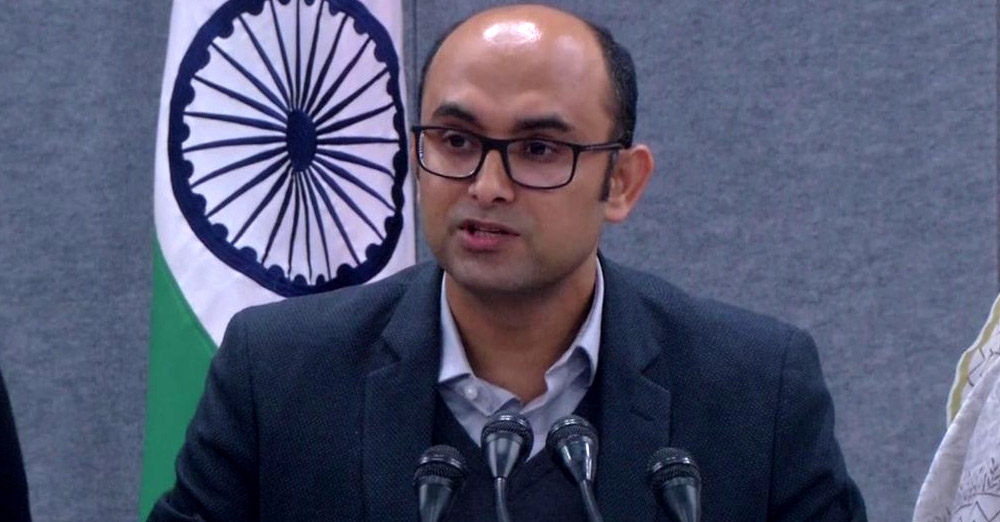Srinagar, Jan 12: Administrative Secretary, Health and Medical Education (H&ME) Department, Bhupinder Kumar Thursday said people above 30 years would be screened in future as non-communicable diseases (NCDs) remain a major challenge in Jammu and Kashmir.
He said a number of measures are being taken at the UT level to deal with NCDs.
“NCDs like hypertension, diabetes, cancer and other respiratory illnesses are a challenge in future. And the disease burden is increasing alongside with life expectancy,” he said.
“Detection of NCDs is very important to fight the disease. Our strategy is that population above 30 years would be screened in order to further manage the diseases. Our field teams have been also trained for the same,” Kumar said.
He said now the focus would be on NCDs and people would be identified after screening and followed by further management to maintain the quality of life.
“We are currently working on NCDs and there has been a great mobilization in the department. NCDs are a major challenge for us. To achieve this, primary healthcare facilities like PHCs and Sub Centres will play a pivotal role apart from child and maternity health services,” the Secretary said.
The health department is also improving cardiac services and more cardiologists have been posted to screen heart diseases at the right time. “Our healthcare understanding is limited to hospitals only but we need to take it to the community level.
The National Program for Prevention and Control of Cancer, Diabetes, Cardiovascular Diseases and Stroke (NPCDCS) was launched to prevent and control major NCDs.
An official of NHM J&K said that 42.86 lakh individuals aged 30 years or more have been enrolled in Jammu and Kashmir on the designated portal.
Out of these, more than 37.54 lakh individuals have been assessed for risk factors of NCDS. A total of 23.5 lakh individuals have been screened and approximately 3.41 lakh have been examined in the last three months only.
As per the World Health Organization, NCDs share four major risk factors: tobacco use, physical inactivity, the harmful use of alcohol and unhealthy diets.
The epidemic of NCDs poses devastating health consequences for individuals, families and communities, and threatens to overwhelm health systems.
The socioeconomic costs associated with NCDs make the prevention and control of these diseases a major development imperative for the 21st century.
The secretary health also said that over the years there has been a decline in maternal and infant deaths and they also working to further working decrease the maternal and child deaths. “This is also aimed to achieve the sustainable development goals,” he said.
“We are a much better place in maternal and child care services and the department is aimed to take the infant deaths to single digit in the upcoming three years,” he said.
NCDs a major challenge, people above 30 to get screened: Secy Health

Leave a Comment
Leave a Comment







